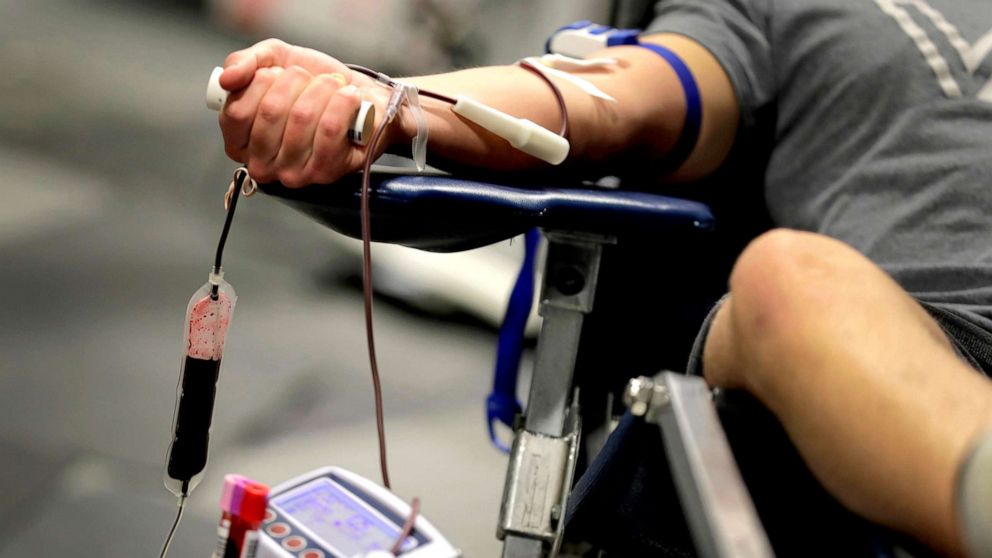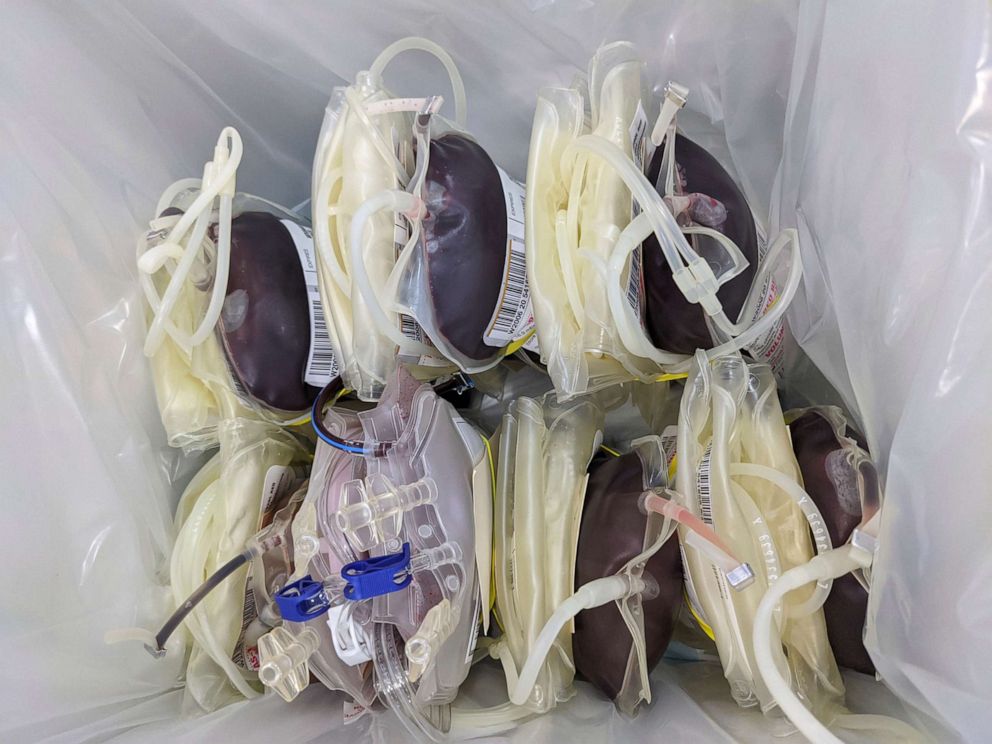Senators, activists urge FDA to revise blood donation policy for gay, bisexual men amid coronavirus pandemic
Democratic senators and gay rights advocates are calling on the federal government to loosen restrictions on blood donations from gay and bisexual men, citing the recent blood shortages caused by the novel coronavirus pandemic as a catalyst for change.

The Food and Drug Administration's current recommendations restrict men who have sex with men, commonly referred to as MSM, from donating blood within 12 months of their last sexual encounter. The policy harkens back to the HIV/AIDS crisis of the 1980s, which disproportionately impacted MSM.
While this policy is a more relaxed version of the previous outright ban on all MSM donations, many are hoping blood screenings and advanced technology could prompt the agency to rethink its regulations.
In a letter to FDA Commissioner Stephen Hahn, 17 Democratic senators urged the agency to update its 12-month deferral policy, calling it "stigmatizing" and "discriminatory."
"As such, it is imperative that we move away from discriminatory donor deferral policies that prohibit many healthy individuals from contributing much-needed blood and blood products," the letter reads.
MORE: FDA gives anti-malaria drugs emergency approval to treat COVID-19
Instead, they're asking the FDA to base blood donation eligibility on individualized situations rather than "inaccurate stereotypes."

We are steadfastly committed to ending this policy and encourage the FDA to shift to scientific practices that secure our nation's blood supply based on individual risk rather than the perpetuation of inaccurate stereotypes," the senators wrote.
Tune into ABC at 1 p.m. ET and ABC News Live at 4 p.m. ET every weekday for special coverage of the novel coronavirus with the full ABC News team, including the latest news, context and analysis.
Dr. Jeff Kirchner, the chief medical officer at the American Academy of HIV Medicine and a practicing HIV specialist, explained that after adhering to antiviral therapy for a number of months, HIV patients who have undetectable loads of the virus in their blood are no longer contagious. The National Institute of Health calls this concept "undetectable equals untransmittable."
"We know that patients who are on therapy and have undetectable viral loads can't transmit their virus, and whether it would be through a blood transfusion, a needle stick, a sexual partner," Kirchner told ABC News.
But even so, Kirchner said that all blood, regardless of the donor, is screened for a list of diseases -- including HIV-1 and HIV-2.
"Everybody's blood is screened for these transmissible infectious diseases, regardless of who the donor is: a gay woman, a straight woman, a gay man, a bisexual man," Kirchner said. "All the donated blood is appropriately screened for contagious infections."
تعليقات
إرسال تعليق